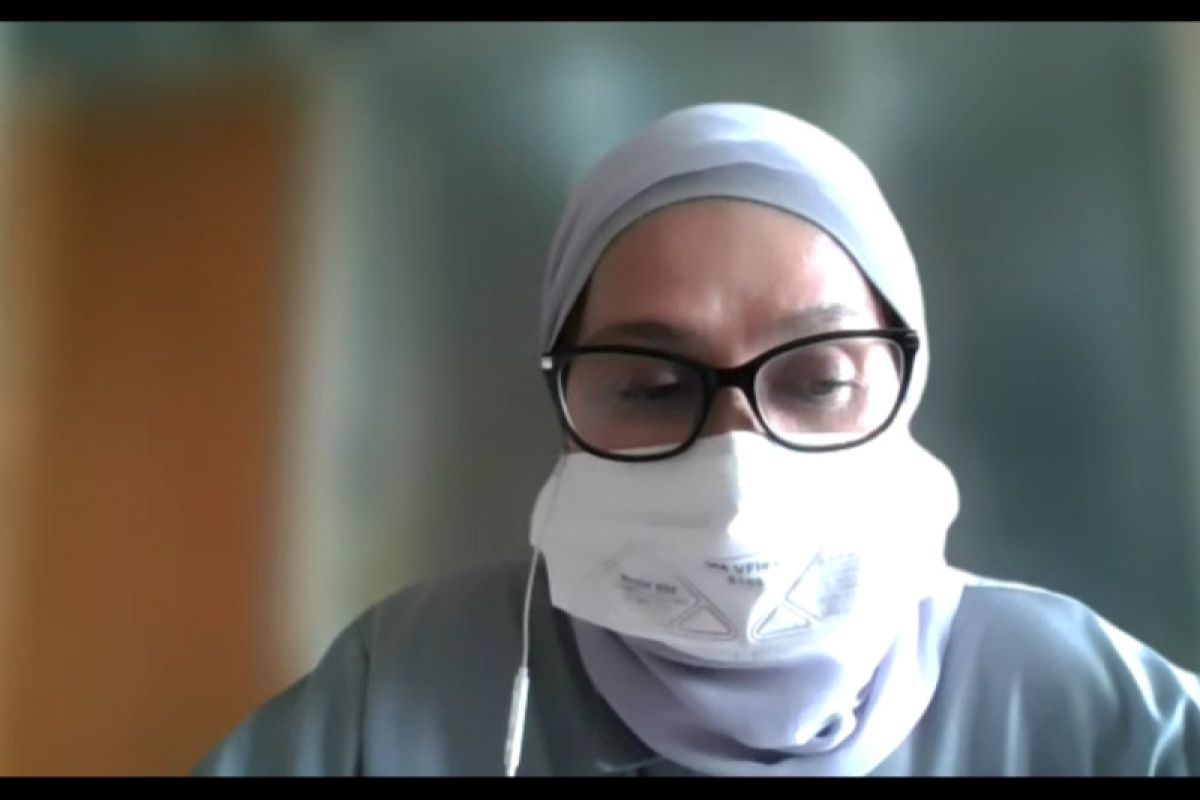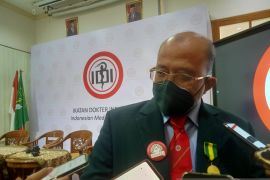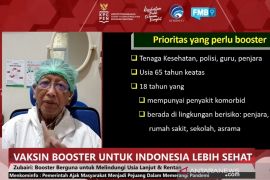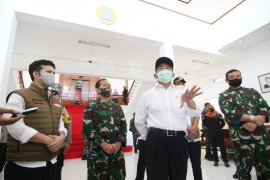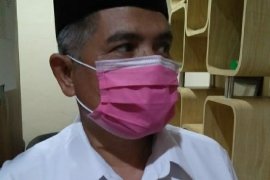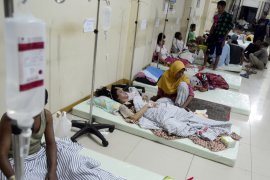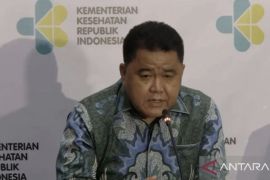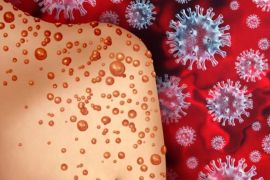"The groups that must be wary of monkeypox, in general, are children, older adults, and people who have weak immunity," she added during the "Understanding Monkeypox as a Global Health Emergency" virtual dialogue, which was streamed via IDN Times's Instagram account and followed from here on Thursday.
Monkeypox in children is characterized by rashes on the skin and oral mucosa, which tend to expand, she informed. It is feared that this makes it hard for children to eat.
"Later, there can be a local infection in the area and even an infection in the area inside the mouth or oropharynx," she added.
An infection in the oropharynx can trigger a loss of appetite due to problems in swallowing, among others. Therefore, children must be given special attention, Nilasari added.
Other high-risk groups, such as older adults, pregnant women, and people with low immunity, also need protection.
Related news: Govt expands network of laboratories to support research on monkeypox
Earlier, spokesperson for the Ministry of Health, Mohammad Syahril, had said that so far, no Indonesians have been infected with the monkeypox virus.
Based on the results of surveillance earlier, 17 suspected monkeypox patients had been identified, but all of them were declared negative after undergoing laboratory tests.
Currently, there are 1,100 laboratories in Indonesia with 1,500 reagents distributed.
"A total of 17 people were all suspected. After the PCR (test) results were negative, the status changed to become discarded," Syahril said.
The spokesperson added that the government is looking for a monkeypox vaccine in an effort to prevent the severity of the disease.
Related news: Indonesia monitoring monkeypox outbreak
Related news: Indonesia intensifies vigilance against monkeypox
Translator: Andi Firdaus, Raka Adji
Editor: Suharto
Copyright © ANTARA 2022
